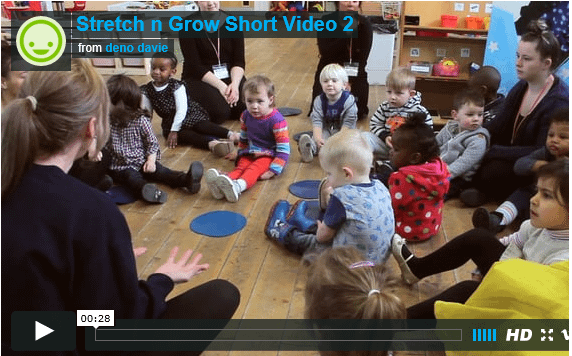Stretch n Grow Short Video 2 from deno davie on Vimeo.
Teaching children life skills is essential for helping them grow into confident, capable, and independent individuals. These skills go beyond academics—they prepare kids for real-world challenges and empower them to make responsible decisions throughout life.
What Are Life Skills?
Life skills are practical abilities and social-emotional competencies that children need to navigate everyday life. These include:
- Self-care (e.g., hygiene, dressing, cooking)
- Social skills (e.g., communication, empathy, teamwork)
- Cognitive skills (e.g., decision-making, problem-solving)
- Emotional regulation (e.g., managing frustration, expressing feelings)
- Practical independence (e.g., budgeting, time management, safety awareness)
How to Teach Life Skills to Children
According to LifeSkills2You and other expert sources, here are effective strategies:
1. Lead by Example
Children learn best by watching adults. Model behaviors like respectful communication, healthy eating, and responsible decision-making.
2. Make Learning Fun
Use games, songs, and role-play to teach skills like hygiene, money management, or conflict resolution. For example:
- Play “restaurant” to practice ordering food and using manners
- Use a tooth-brushing song to make hygiene routines enjoyable
3. Provide Hands-On Practice
Let children try tasks themselves—like packing a bag, making a sandwich, or setting the table. Mistakes are part of learning.
4. Encourage Independence
Gradually increase responsibilities. Let them choose their clothes, manage a small allowance, or help plan a family meal.
5. Use Everyday Activities
Turn daily routines into learning moments:
- Grocery shopping teaches budgeting and nutrition
- Cleaning builds responsibility and organization
- Cooking fosters planning, safety, and math skills
Examples of Life Skills by Age
| Age Group | Key Life Skills |
|---|---|
| 2–4 years | Washing hands, picking up toys, brushing teeth, expressing feelings |
| 5–7 years | Dressing independently, basic cooking, understanding money, following routines |
| 8–10 years | Time management, problem-solving, teamwork, using public transport |
| 11+ years | Budgeting, conflict resolution, digital literacy, goal setting |
Source: Raise Smart Kid
Why It Matters
Teaching life skills early:
- Builds confidence and self-esteem
- Encourages resilience and adaptability
- Fosters healthy habits and positive relationships
- Prepares children for academic and real-world success
More on teching Life Skills to Children
If you would you like life skills–themed Stretch-n-Grow lessons or a parent handout that highlights and supports these essential skills? Contact us Stretch-n-Grow is a Worldwide Programme





